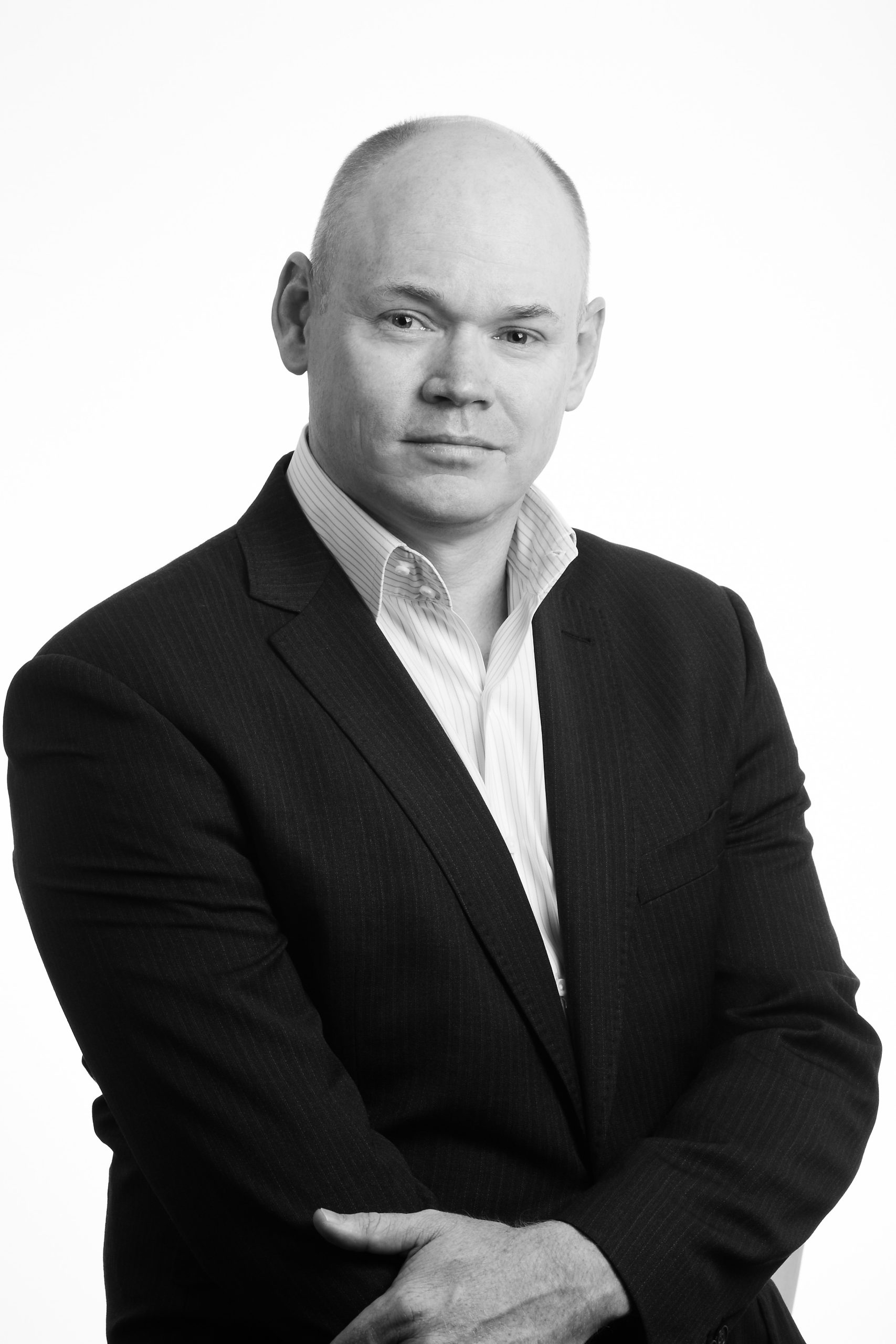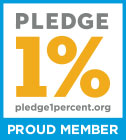Q&A with Mark Messenger at NEC
 Transit-ticketing has witnessed a significant evolution in recent years, driven by technological advancements and changing consumer preferences. With the rising demand for seamless and convenient travel experiences, traditional ticketing methods like paper tickets and cash are being phased out in favor of digital smart ticketing solutions.
Transit-ticketing has witnessed a significant evolution in recent years, driven by technological advancements and changing consumer preferences. With the rising demand for seamless and convenient travel experiences, traditional ticketing methods like paper tickets and cash are being phased out in favor of digital smart ticketing solutions.
NEC is at the forefront of providing this technology to the transport industry all around the world. Through its smart ticketing solutions, operational intelligence systems, safety and security platforms and customer focussed tools, its smart transport services are changing the way we think, plan and undertake journeys.
Ahead of ITS Australia Summit in Melbourne, Payments Consulting Network, Technical Director, David Lunt caught up with NEC, Head of Global Smart Ticketing and MaaS Solutions, Mark Messenger to find out a bit more about the transit and mobility solutions NEC is offering and get Mark’s expert opinion on how the transit-ticketing market is likely to evolve over the next couple of years.
Mark Messenger is Head of Global Smart Ticketing and MaaS Solutions at NEC. He is an experienced business leader with over 20 years of experience in delivering innovative technology solutions to market. He’s worked on multiple continents in a variety of roles from product development to sales and general management over his career. He has a strong understanding of technologies and business models for payment systems (closed and open loop), intelligent transport systems and NFC / mobile payment ecosystems. Read the highlights of the interview below.
DL: Can you please provide a brief high-level overview of NEC’s transportation solutions?
MM: NEC has been providing transportation and smart city solutions for over 30 years. We are one of the market leaders in our home market of Japan and we are a leading supplier of solutions in many markets globally. As is reflective of a company of NEC’s size and scale, we provide a variety of solutions including transit ticketing, fleet management, real time passenger information services, signage solutions, safety and security and planning/optimisation. More recently we have been focussing on developing integrated solutions based around our Smart Mobility platform. This is aimed at providing a core platform from which individual or integrated SaaS services covering all aspects of transit support can be deployed.
DL: That’s great, do you have a niche area or target customer for your Smart Mobility platform?
MM: While we have a global reach, at present our focus is on the SE Asia, ANZ, and Middle East markets. We are equally comfortable working with small operators, as we are working with national agencies and have a history of delivering to both.
DL: And how does NEC differentiate from the other providers of transit solutions?
MM: We try to differentiate from other suppliers by leveraging our strengths, being our global reach and technology coverage combined with our local presence in so many markets. We are global but act local – focussing on strong local customer support backed by the strength of an international technology supplier and partner ecosystem. Unlike many of our competitors, we have a strong suite of solutions we have developed as NEC. We also recognise that to provide best value to our customers, we need to leverage partner networks, so focus equally on developing and nurturing strong partner networks to offer best of breed solutions to our customers. This approach has seen us deliver solutions successfully to customers – such as Oman for their nation-wide bus fleet management and tracking service, ACT govt in Australia and Christchurch in NZ. Each customer has quite different needs but leveraging a common suite of platform components.
DL: Be great to understand what innovations we are likely to see from NEC in the next 12 months.
MM: We are working on new features around improving the customer journey, experimenting with frictionless ticketing solutions, improved journey planning and real time information services. These are aimed at improving transit accessibility for all members of society. In addition, we are conducting proof of concepts (POC’s) around the use of quantum computing for transit service optimisation and network planning. We are also exploring how generative AI could be used to improve customer outcomes.
We have recently released two new features for our NEC Smart Mobility platform. These are aimed at improving bus fleet operations. There is a specific solution for turn-by-turn navigation for bus drivers as well as an efficient Push To Talk over Cellular (PTToC) solution integrated into our bus driver solution and Operations management consoles.
DL: Mobility as a Service seems a great idea, but adoption seems slow, what do you see as the key items slowing down MaaS?
MM: The business model that provides the right incentives to all players has yet to come together. This is creating barriers to adoption across all the necessary modes of travel, which are required to drive take-up of MaaS ecosystems, as an alternative to vehicular travel.
Many of the technical building blocks around planning, notification and payment services exist today. However not enough focus is on driving the inclusive usage of transport. For example, having planning solutions that take into account users’ needs, accessibility tuned notification services and accessible transport and app design. One of the key user groups for MaaS services should be people with disability. Efforts to design MaaS applications and services which take into account their needs would have positive benefits for all of society.
DL: As Head of Global Smart Ticketing and MaaS Solutions, what do you see as the key drivers over the next 2 – 3 years for the next iteration of ticketing?
MM: I think the move to account-based ticketing will continue. This brings the ability to integrate other transport service providers through API driven payment integration. It also allows for service and payments integration that will increase the adoption of MaaS. The move to frictionless ticketing will continue with ongoing POCs – pilots and small-scale rollouts aimed at supporting specific user groups. The concept of one account and choosing how you pay and how you identify yourself will continue to strengthen. Payments schemes will continue to play a large role, in shaping this evolution.
***
Author: David Lunt, Technical Director, Melbourne, Payments Consulting Network.
David Lunt has spent over 25 years working in the emerging payment technology space. He is globally recognised as a leader in payments combining a deep understanding of the payments industry with innovative technical expertise. Over his career, he has advised numerous FinTech startups, product vendors, high street retailers and global Payments Consulting Network and was one of the media partners of The Customer Show 2023.
***
This is part of a series of transit articles.
Payments Consulting Network is a media partner of ITS Australia Global Summit 2023 happening on August 28-31 2023 at Melbourne Convention and Exhibition Centre. Mark Messenger is one of the panellists of the session entitled, “What is Big Tech projecting for the coming decade?”. Catch it on Day 2 at 11.00 am.
***
If you found this article helpful and would like to read similar articles, please subscribe to our newsletter.
To get notified of our latest posts, follow the Payments Consulting Network company LinkedIn page and click on the bell icon at the top right section of our company profile.




